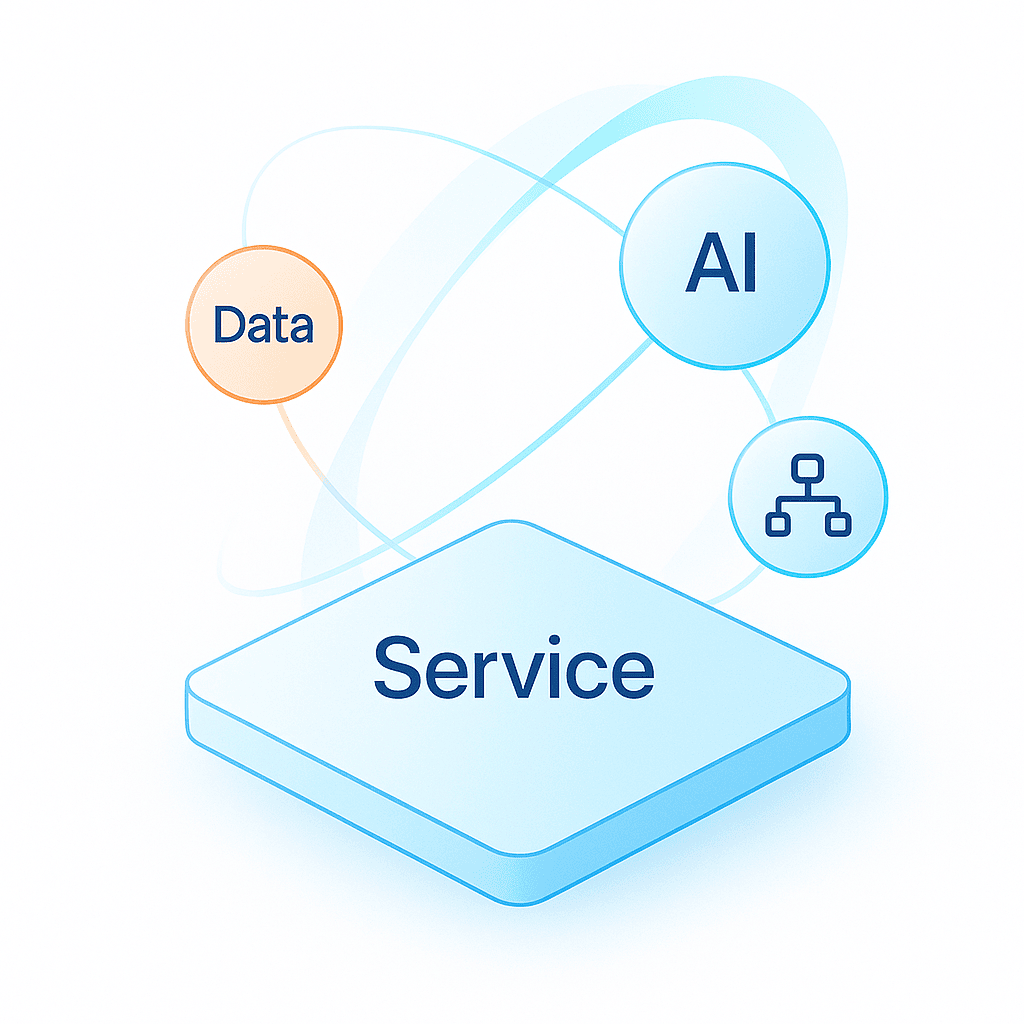How AI Structures and Optimizes Product Data
In this article, we explore how artificial intelligence enables the transformation of massive volumes of raw data into a true strategic asset. We illustrate this through the case of a construction industry leader who needed to process over 3 million product data entries in multiple languages. AI played a key role in cleaning, multilingual harmonization, and data integration, ensuring a time savings of more than 10 days and a structured, scalable database. Thanks to these solutions, companies can automate complex tasks and improve decision-making.
.jpg)






.png)







.png)


.png)